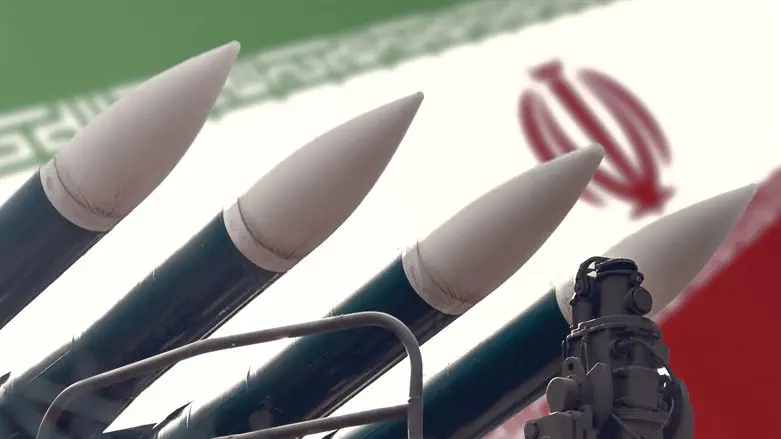
The spokesman of the Atomic Energy Organization of Iran (AEOI) said on Monday that Iran's production of 20 percent uranium from IR-6 centrifuges is not a new thing, stressing that Tehran had informed the International Atomic Energy Agency (IAEA) of the move, the Xinhua news agency reported.
The spokesman, Behrouz Kamalvandi, said that the AEOI is obligated to activate a number of centrifuges to raise its enrichment capacity to 190,000 SWU based on a strategic law passed by the Iranian parliament in December 2020 to counter US sanctions.
Kamalvandi reiterated that Iran will immediately reverse all its remedial measures and fulfill its obligations as soon as the other side returns to its commitments.
Iran announced on Sunday that it has begun enriching uranium up to 20% using sophisticated centrifuges at its underground Fordow nuclear plant.
Iran had previously told the IAEA that it was preparing to enrich uranium through a new cascade of 166 advanced IR-6 centrifuges at its underground Fordow facility, but it hadn’t revealed the level at which the cascade would be enriching.
The IAEA told AP that it had verified on Saturday that Iran was using a set-up that allowed it to more swiftly and easily switch between enrichment levels.
In a report to member states, Director General Rafael Grossi described a system of “modified sub-headers,” which he said allowed Iran to inject gas enriched up to 5% purity into a cascade of 166 IR-6 centrifuges for the purpose of producing uranium enriched up to 20% purity.
Last month, the IAEA reported that Iran is escalating its uranium enrichment further by preparing to use advanced IR-6 centrifuges at its underground Fordow site that can more easily switch between enrichment levels.
The move was the latest of several steps Iran had long threatened to take but held off carrying out until 30 of the 35 countries on the IAEA Board of Governors backed a resolution criticizing it for failing to explain uranium traces found at undeclared sites.
Last month’s IAEA report came as talks on a return to the 2015 nuclear deal between Iran and world powers remained stalled.
An agreement was nearly reached before the talks stopped in March. US Special Envoy for Iran Rob Malley told lawmakers recently that the prospects for reaching a deal with Iran are “tenuous” at best.
Iran last month said it remains "serious" about reaching a revived nuclear deal with major powers that ends economic sanctions and to which the United States is again a party.
Those comments came after Iranian President Ebrahim Raisi criticized the United States for imposing new sanctions on petrochemical producers in the Islamic Republic.
"The world must give us the right not to trust the United States because they are violating their agreements," Raisi said.

